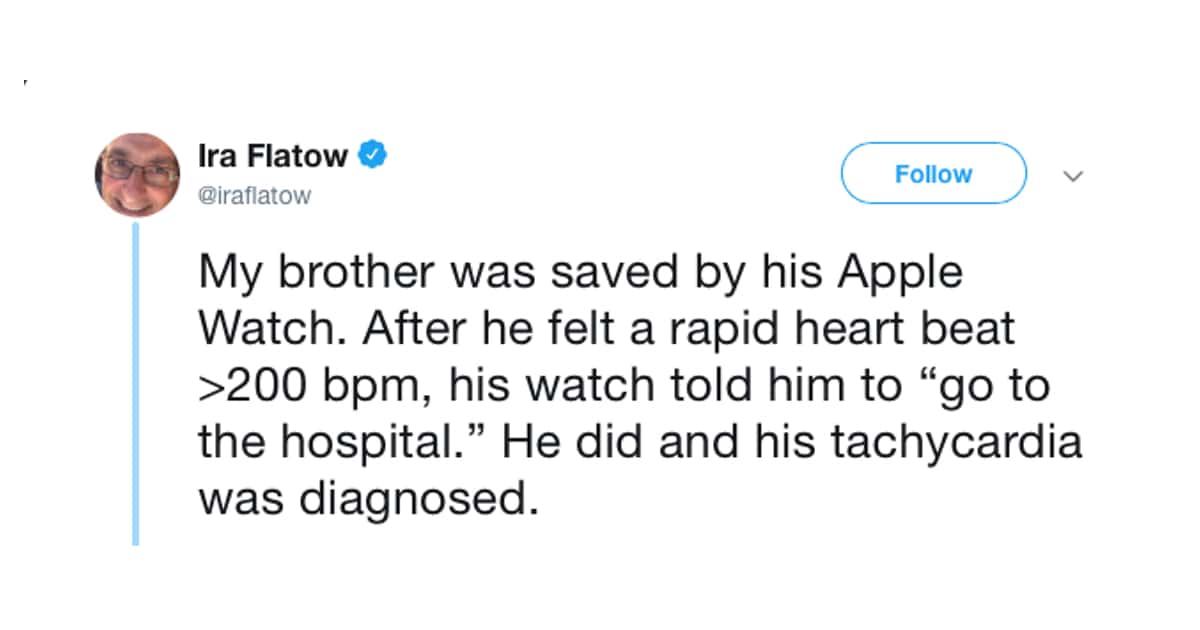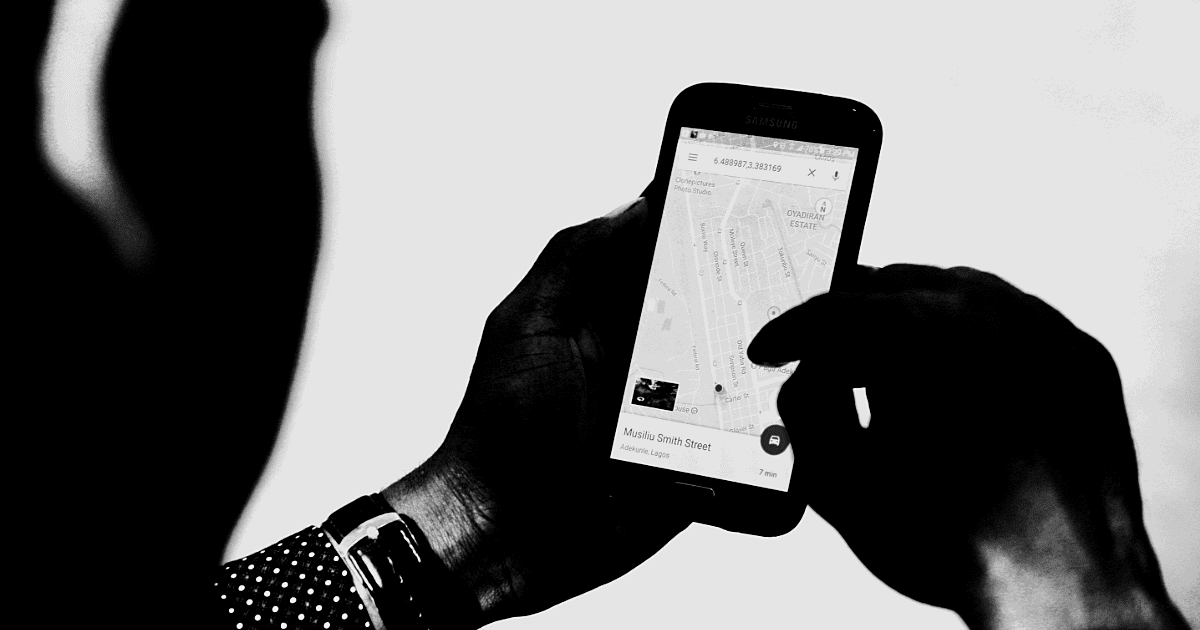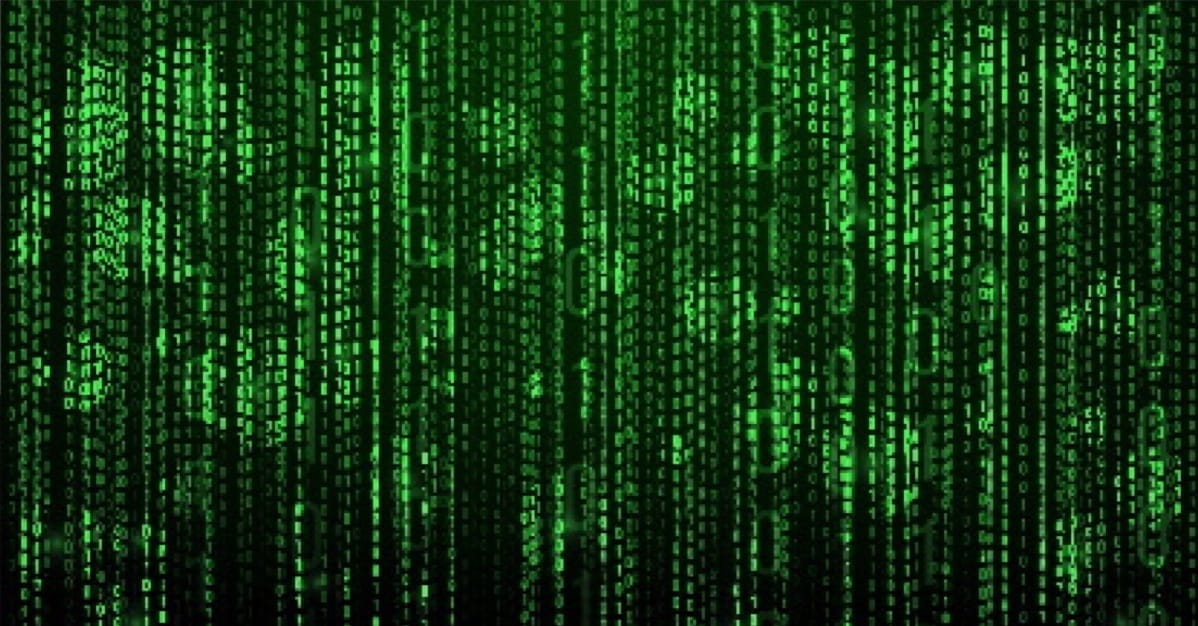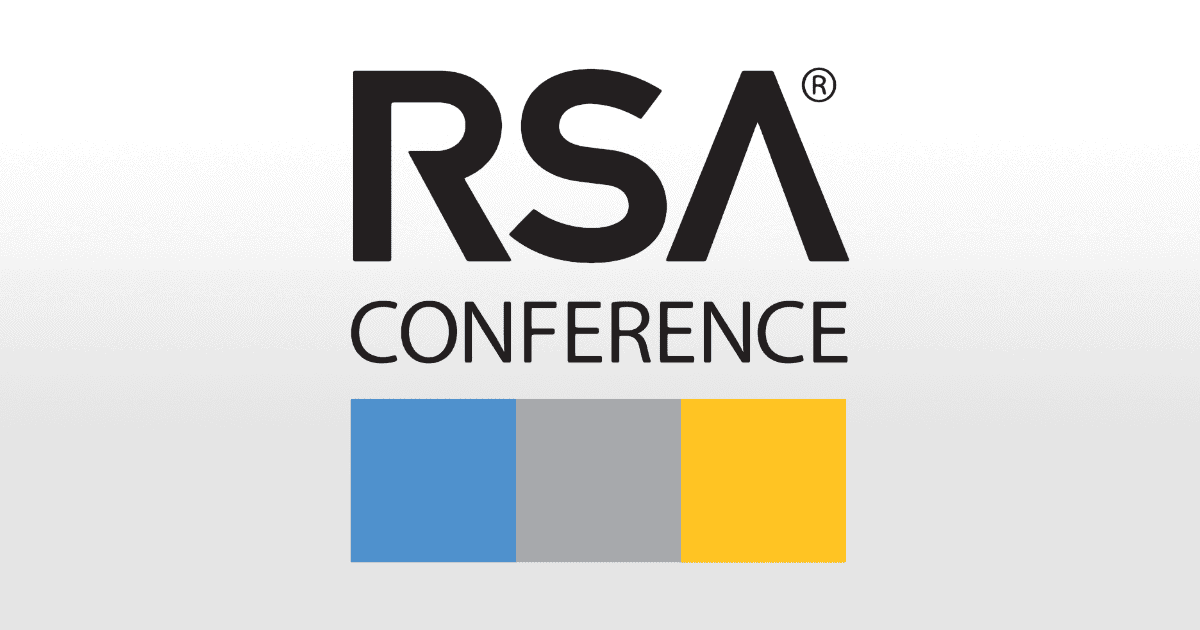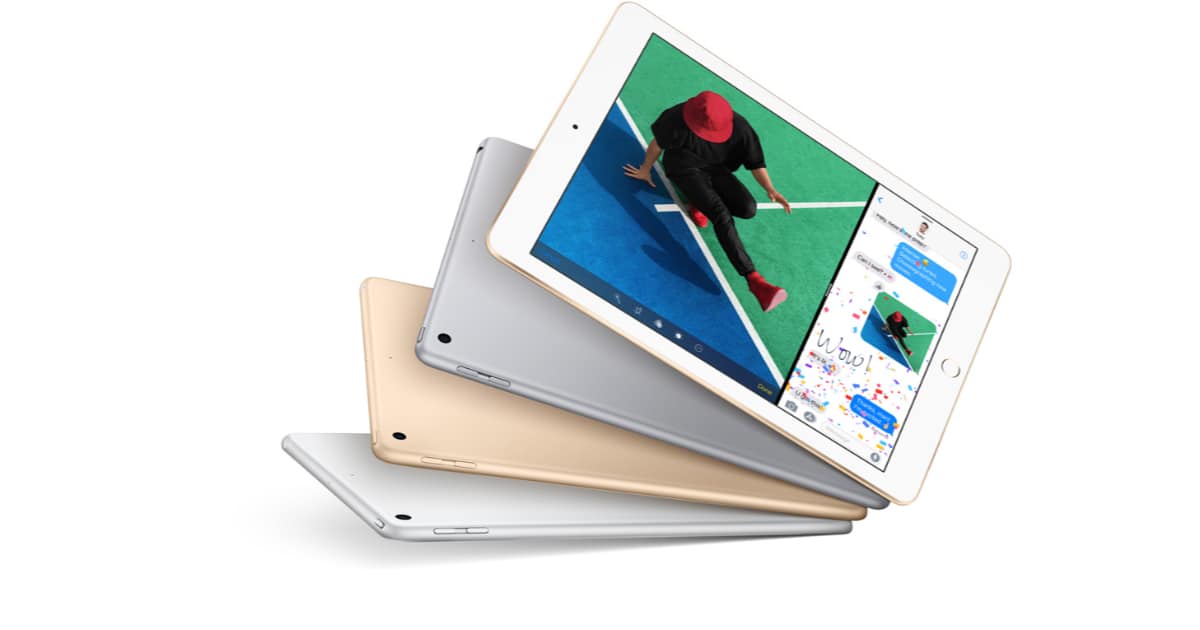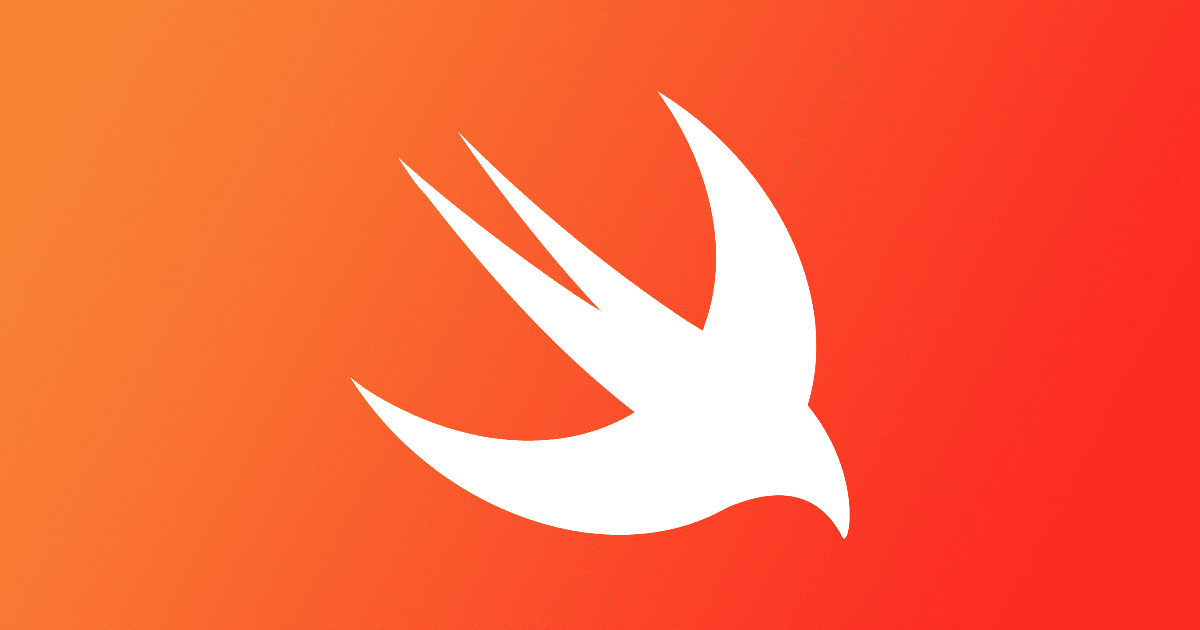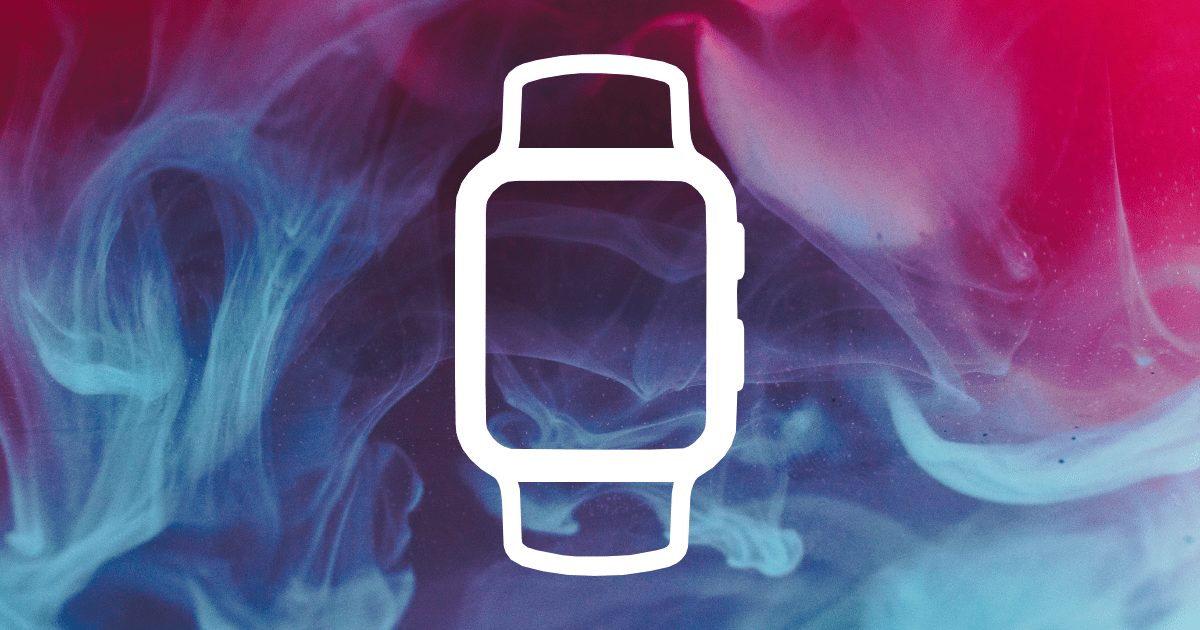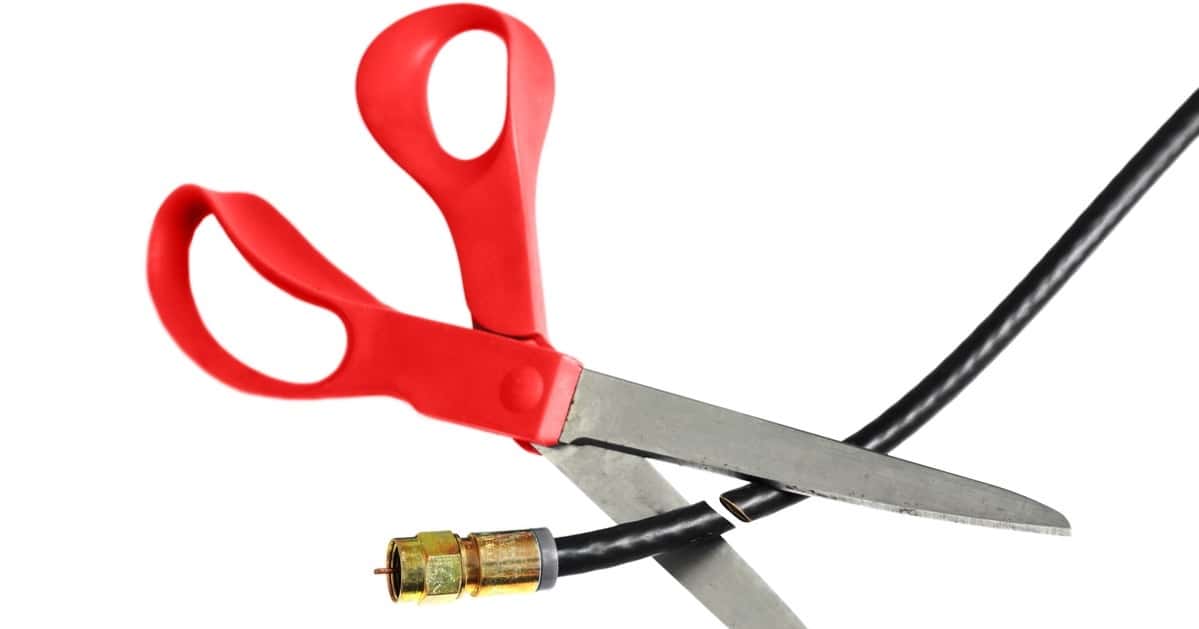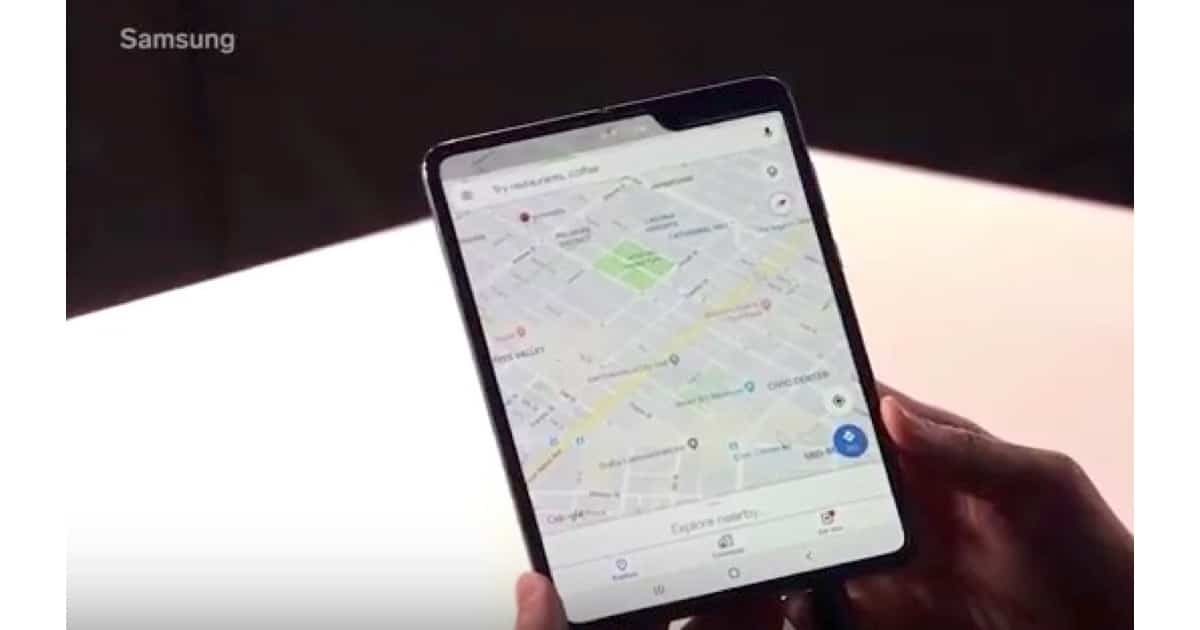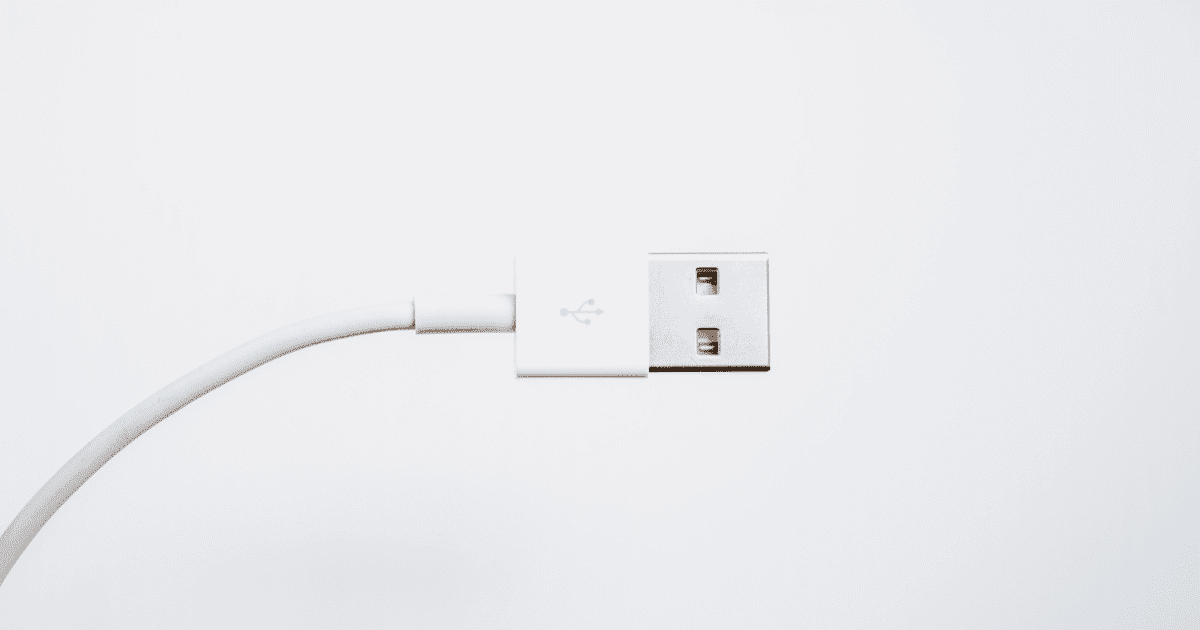Apple’s much speculated upon VR headset looks evermore likely thanks to a couple of recent patents. Whatismore, it could come with a motorized headband. Cult of Mac noticed that Apple has applied for a patent for a motorized adjustment system. It also filed a patent for a “Thermal Regulation for Head-Mounted Display.”
The description is written in the stilted language of such things. It says, in part, “the adjustment mechanism includes a variable volume structure that changes fit of the headband relative to the head of the user by volumetric expansion or volumetric contraction.” It gets a bit more eyebrow-raising when the filing mentions “an electric motor that changes fit of the headband relative to a head of the user by constricting or expanding a length of the headband.”
